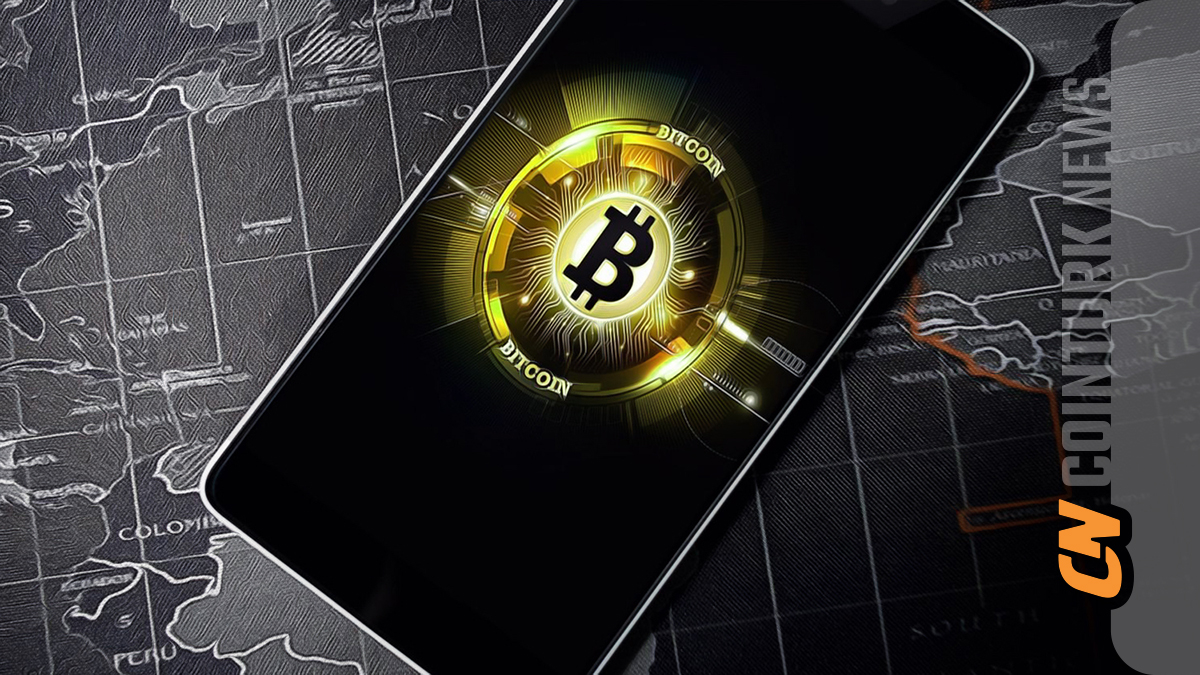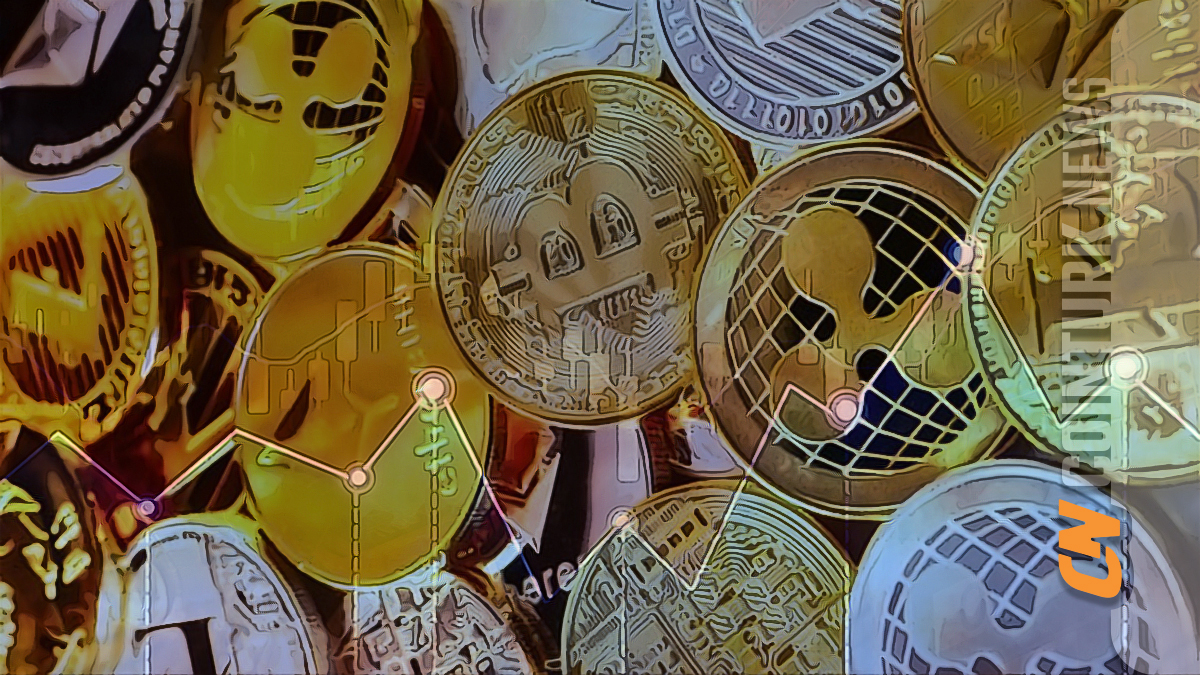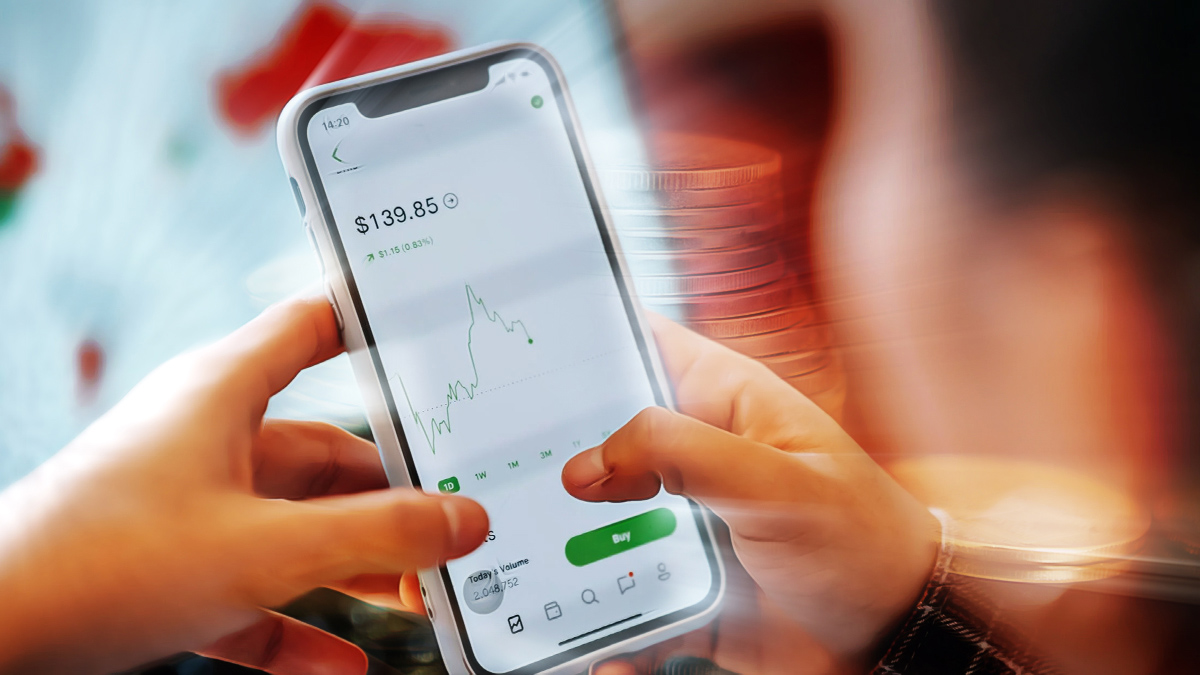The economic crisis in Venezuela has led people to turn to cryptocurrencies. The rapid devaluation of the Bolivar has forced citizens to seek alternative financial solutions. In this process, platforms like Binance have played a significant role in both local and cross-border transactions. However, recent increases in digital pressure have made access to these platforms more difficult.
Access Barriers to Binance
Binance has faced serious access issues in Venezuela. Government pressures on the internet have led to access barriers to Binance’s web pages, in addition to many social media platforms. Binance’s Latin America division stated that it is closely monitoring the situation and assured that user funds are safe.

These access barriers have led Venezuelan users to alternative methods like VPN. People trying to access Binance via VPN are also turning to local exchanges and self-custody solutions. Ernesto Contreras, a leading figure in the country’s cryptocurrency community, invites users to consider such solutions.
A Result of Increasing Political Pressures
Digital pressures in Venezuela are not limited to Binance. The 10-day access restriction on Elon Musk‘s X platform shows how extensive these pressures are. This decision by the country’s controversial president Nicolas Maduro is seen as part of a broader strategy to restrict access to information.
These digital pressures in Venezuela are deeply intertwined with the country’s economic crisis. While cryptocurrencies are seen as a solution to economic problems, such access barriers make it difficult for people to reach these solutions. This situation makes the struggle for economic and digital freedom in Venezuela increasingly complex.
These developments in Venezuela show that cryptocurrencies are not just an investment tool but also a means of resistance against economic and political pressures. People continue to resist these pressures by seeking alternative solutions.









